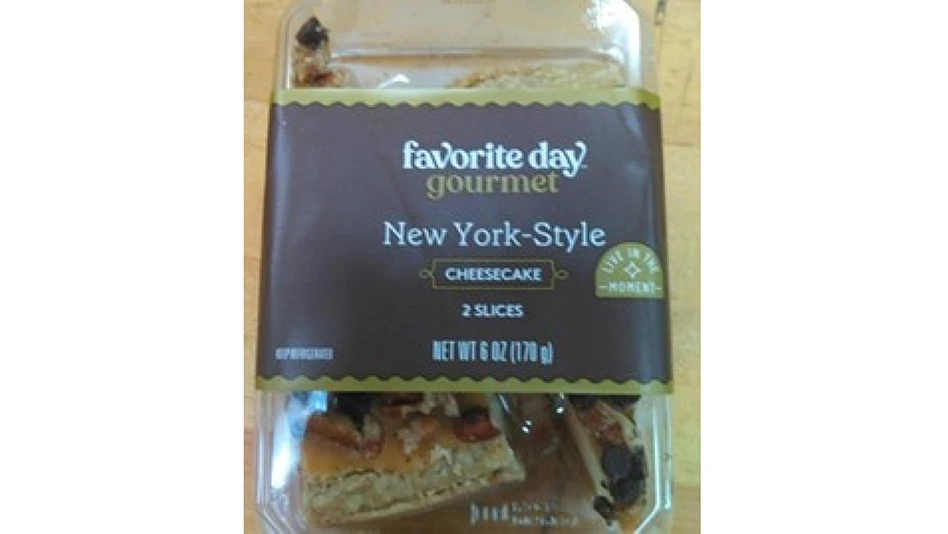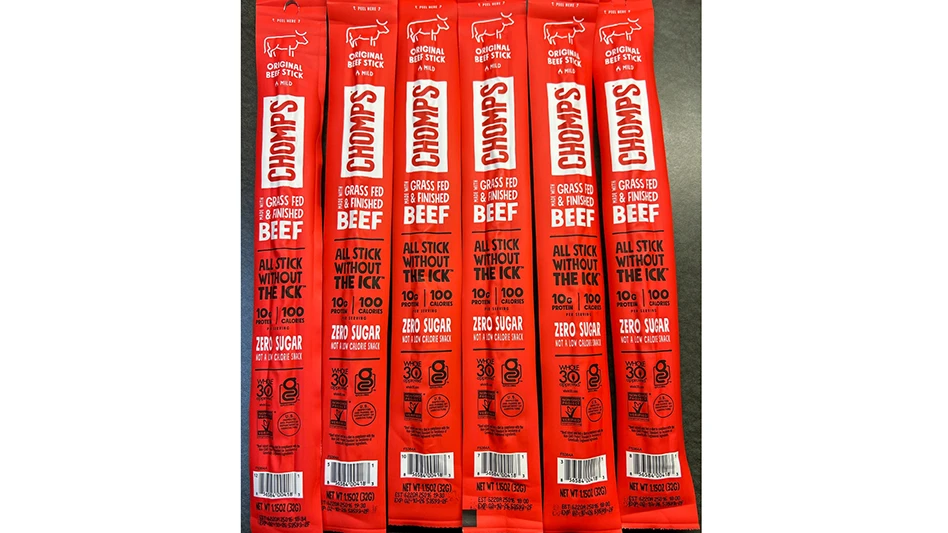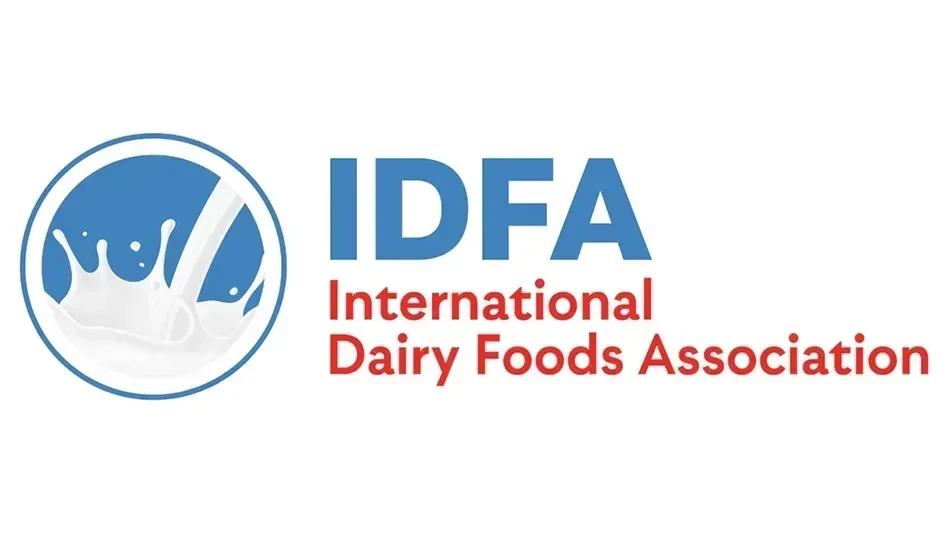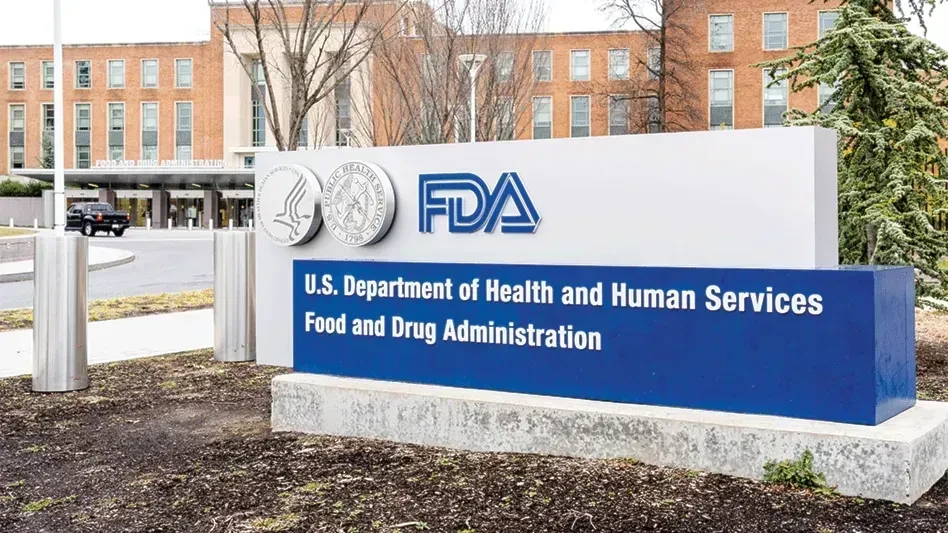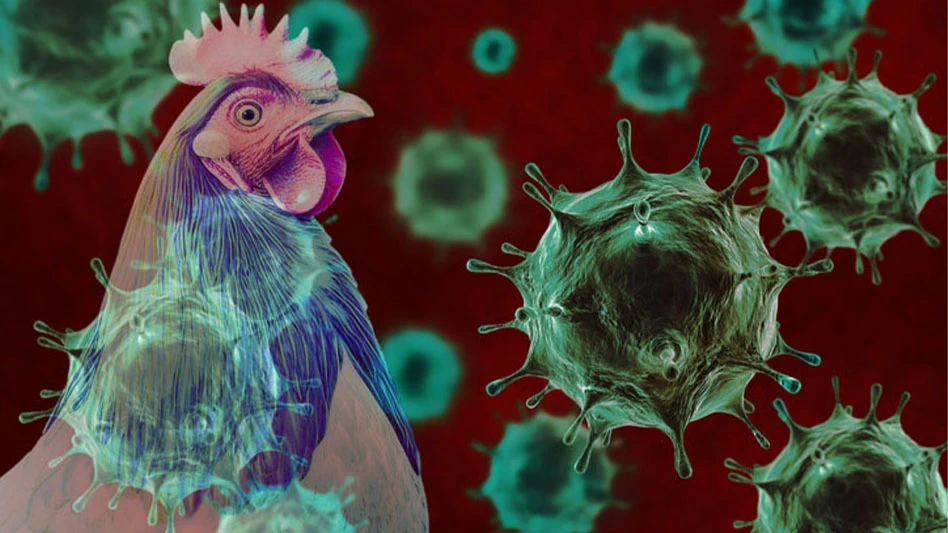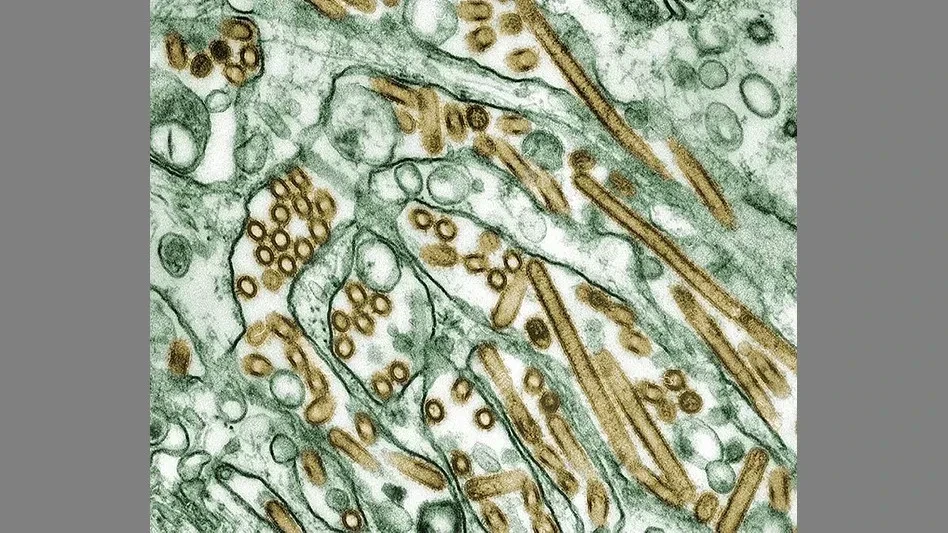
Photo courtesy CDC
Last December, the U.S. Food and Drug Administration (FDA) initiated an assignment sampling 60-day aged raw milk cheese to determine if it is effective at reducing or eliminating viable H5N1, also known as highly pathogenic avian influenza or bird flu.
The first sample was taken Jan. 2, and sample collections are anticipated to be complete by the end of March. As of March 10, 110 samples of the planned 299 have been collected. Of those 110 samples, 96 were negative by PCR (meaning that H5N1 was not detected in the analyzed samples), and 14 are still in progress. Final results are expected later this spring.
Raw milk cheese is made with unpasteurized milk. In the U.S., cheese allowed to be made from raw milk must be aged for a minimum of 60 days to mitigate the risk from any pathogens, if present.
Latest from Quality Assurance & Food Safety
- Seeding The Future Global Food System Challenge Finalists Revealed
- TraceGains Launches AI-Powered Intelligent Document Processing to Improve Ingredient Safety, Compliance
- IFT Virtual Workshop on Food Fraud Prevention to Address Supply Chain Disruptions
- Penn State Course Covers Fundamentals of Food Science
- Joint FAO/WHO Expert Committee on Food Additives Seeks Experts
- FDA Reschedules Webinar on Updated ‘Healthy’ Claim
- Thousands More Laid Off at FDA, CDC in HHS Restructuring
- USDA Extends Deadline on Request for Information for Poultry Quality Standards
